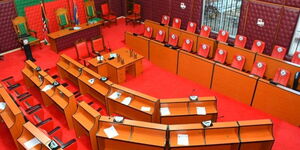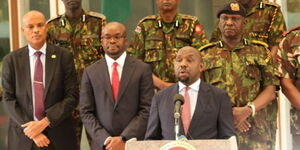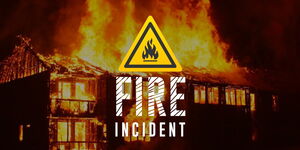President Uhuru Kenyatta has sharply criticised the New York Times for publishing a story delving into the ICC case against him.
On Wednesday, the American-based newspaper reported that former ICC Prosecutor Luis Moreno Ocampo admitted that evidence against Uhuru over his alleged involvement in the post-election violence was not as tight as he would have liked it to be.
The newspaper reported that, according to Ocampo, the evidence was too scanty to warrant conviction of any suspect, forcing him to try procurement of witnesses such as former Mungiki leader Maina Njenga.
On Friday, the Presidential Strategic Communication Unit (PSCU) released a statement condemning the paper for being 'unprofessional' in reporting the matter.
“The New York Times continues its steady descent into the murky, rancid morass of gutter press and has abandoned all pretence of journalistic decency in pursuit of the Prosecutor's agenda ,” reads the statement in part.
The statement further says that the paper depended on unreliable individuals to come up with a malicious article regarding the ICC cases that discarded attempts of balance and fairness.
“Whom did the paper contact at State House? Why did they not interview Dennis Itumbi, despite making reference to him? Is the truth on PEV going to be dictated by Mungiki, seriously?” reads the statement.
The president also takes a swipe at Ocampo for believing that, "Africa has the most vicious, murderous and terrifying organised criminal syndicates against demonstrably upstanding leader of integrity".
The statement further questions Ocampo's professionalism as a former prosecutor at the Hague-based court.
“It is advancing the self-serving and deluded notions of Luis Ocampo, a man whose understanding of the Rome Statute is slippery, and whose appreciation of the legal mandate of the ICC and the Office of the Prosecutor is subordinate to a strong penchant for the extraneous,” it continues.
The president maintained that the article entitled 'The Prosecutor and the President' proved that the cases were orchestrated by some individuals.












